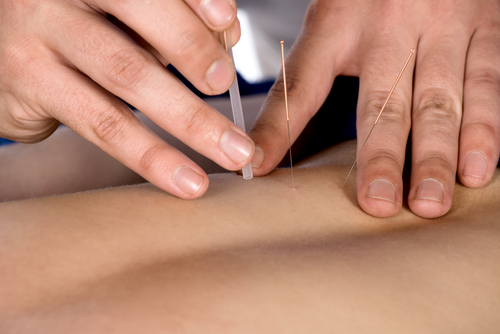Detox from heroin can be uncomfortable but rarely dangerous. The first signs of heroin withdrawal may require further use if a person wants to avoid the negative effects. Getting off heroin permanently requires addressing withdrawal symptoms to increases chances of staying clean. Learn how to withdraw from heroin safely and for the long haul.
When Withdrawal Begins
Heroin withdrawal begins minutes to hours after last dose. Highly addictive, the body may develop dependence on heroin within a few minutes to a couple weeks of use. Symptoms of heroin withdrawal begin shortly after it leaves the body. A high tolerance to heroin can make the effects last not as long in the body.
Length of Time
How long it takes to withdraw from heroin varies by the individual but every person will experience withdrawal on different time frames. Generally speaking, heroin withdrawal peaks 42-72 hours after last dose. It can last with extreme severity for up to a week. Within a few weeks, symptoms begin to even out. Heroin alters and even damages opiate receptors in the brain to the extent many people who come off heroin are challenged in feeling pleasure. The body can take a lot of time to heal and it may be several months, possibly years before the body can fully repair itself. Protracted withdrawal syndrome may show up during treatment for heroin addiction.
Withdrawal at Home
Heroin withdrawal at home should be medically supervised. This will help prevent complications and increased chances of quitting for good. Withdrawal from heroin is risky because withdrawal symptoms can tempt a person to seek relief. Many heroin users just want to get rid of withdrawal symptoms and try to reduce the level of heroin in the body to keep symptoms at bay. A clinical setting is actually the best way to withdraw successfully and with long term result.
Heroin Withdrawal
Depression and anxiety can make a person feel jittery and unable to relax. Relapse can occur because a person will feel uncomfortable and painful withdrawal from heroin can be problematic. Symptoms may be experienced and can be lengthy including:
- Constipation
- Fever
- Malaise
- Nausea
- Sweating
- Tearing
- Vomiting
Easing Symptoms
Pharmacological medications are available to help with withdrawal from heroin which include buprenorphine, clonidine, naloxone and methadone. Each medication, when used in a clinical setting, can help the process of withdrawal and manage symptoms. Remedies lying around the house can be used to help treat aches and pains of withdrawal. NSAIDs, hot water baths/showers/bottles and massage can address acute symptoms. It is helpful to seek a counselor os support to help boost the psyche when withdrawing. Seeking out a detox clinic or rehab facility can support the process.
Research into whether or not acupuncture is helpful in easing heroin withdrawal symptoms exists. Acupuncture supports the meridians of the body with needs and helps repair damaged neural pathways. It helps with symptoms of craving, stress and anxiety. It is not as effective in the first three days of withdrawal but are found to be more effective than some opiate medications in 4-10 days of acute heroin withdrawal.
Medical monitoring is the best way to support safe withdrawal from heroin at an inpatient detox clinic. Detox clinics typically recommend treatment follow up to address the underlying psycho-emotional issues behind heroin use.
Sustain Recovery has a unique approach to adolescent care. A typical residential treatment program supports a stay of 30-90 days but may be longer to help an individual find longer-term solutions to addiction. Call us to find out how we can help you get on the road to recovery.




